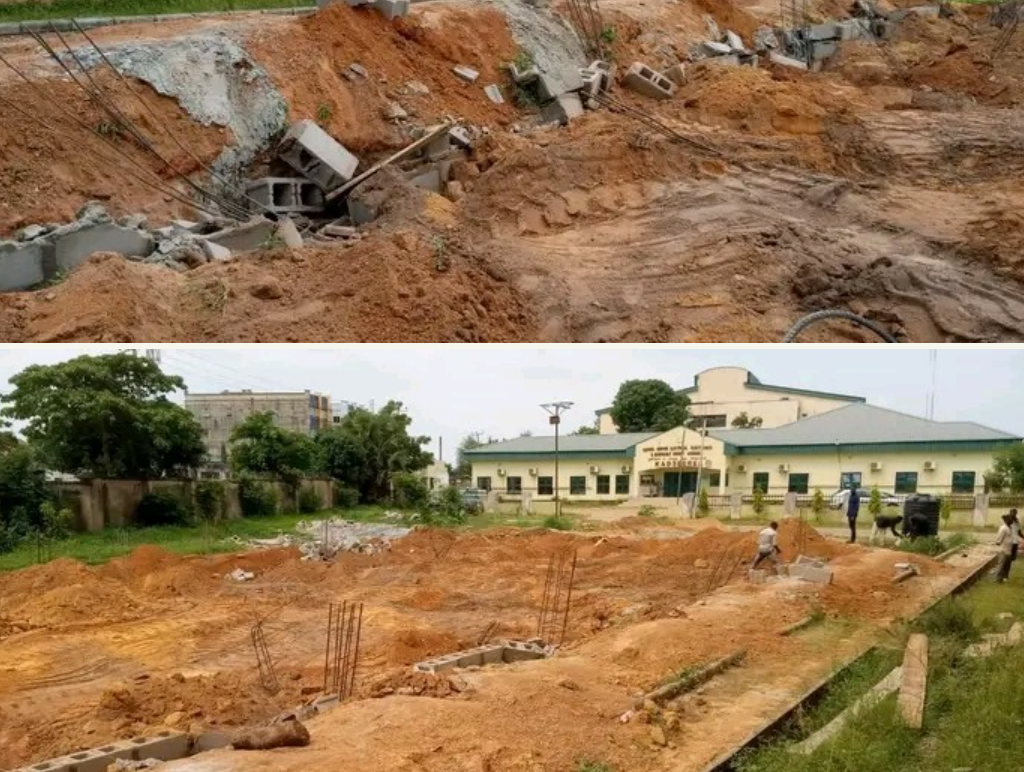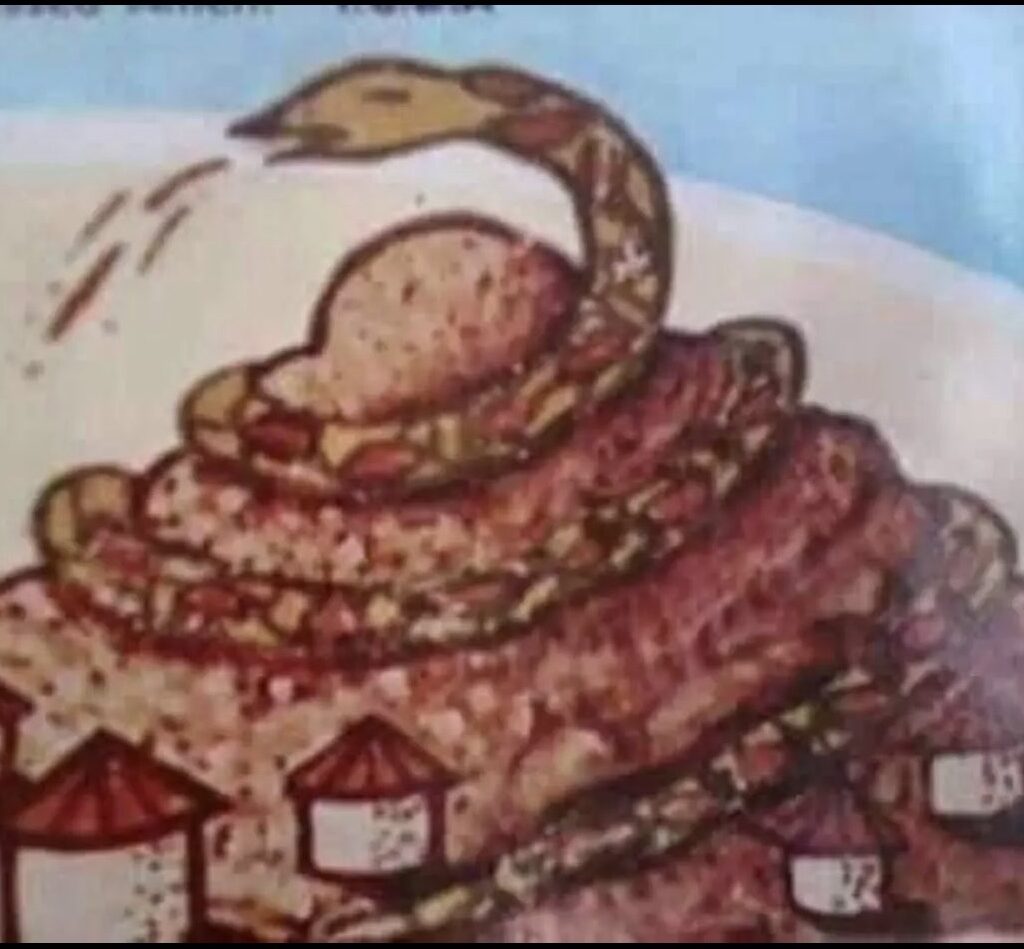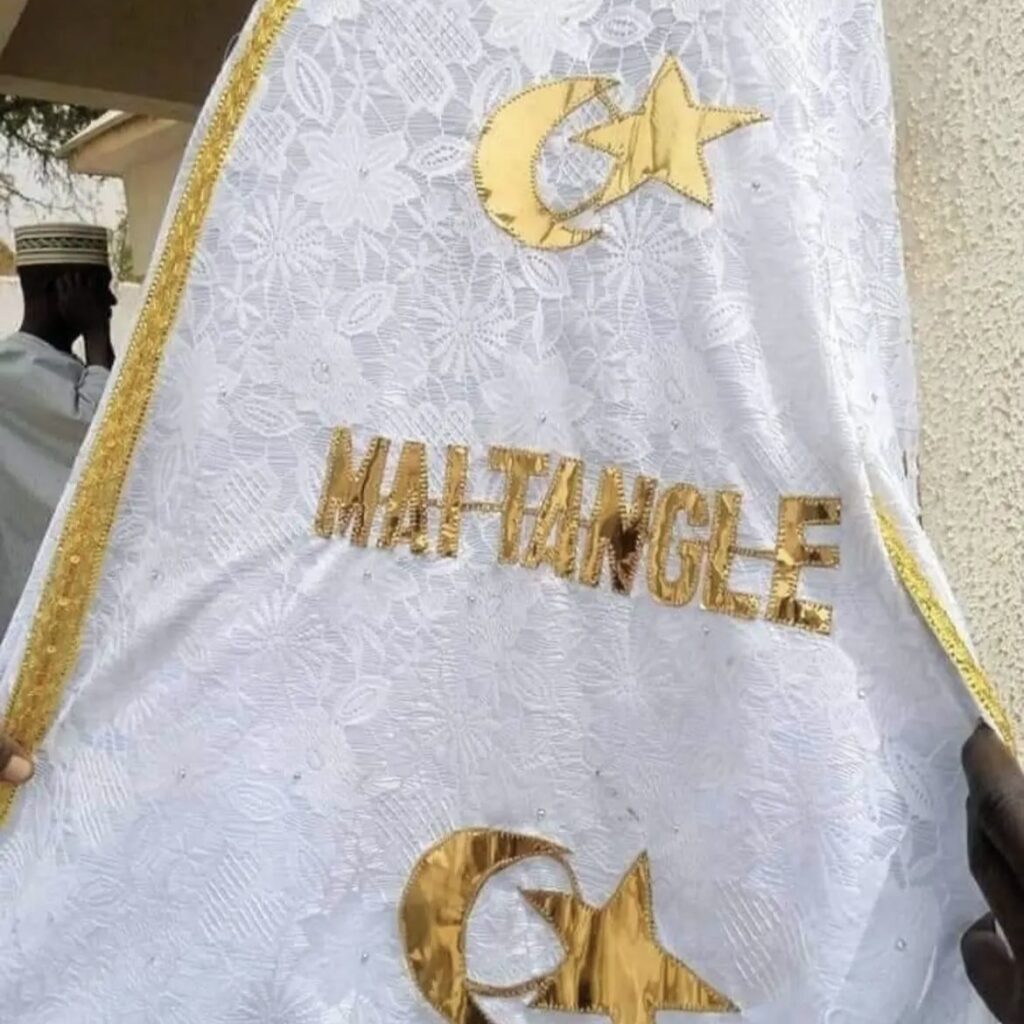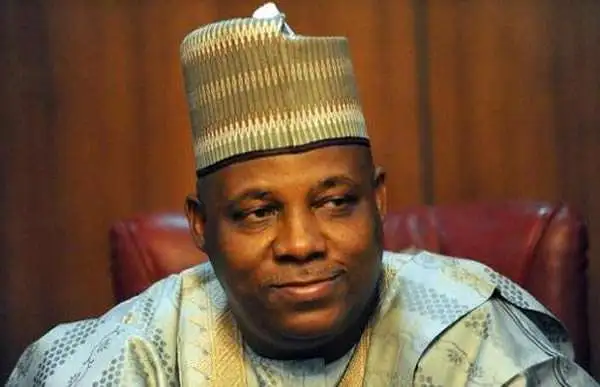By Patrick Anum
Dr. Ifeanyi Okowa, governor of Delta State and vice-presidential candidate for the People’s Democratic Party (PDP), recently spoke at the Institute of Chartered Accountants of Nigeria’s (ICAN) 2022 annual conference in Abuja and offered a familiar position on the state of insecurity in Nigeria.
He recommended the adoption of state police as the solution for the growing insecurity in the country. The call for the creation of state police is not new. In September, the Northern Governors Forum along with the traditional leaders, made a strong case for the establishment of state police. They explained that it was the only way to effectively tackle the lingering terrorism, insurgency, banditry, kidnapping and wanton destruction of lives and property in the region.
In the past Southern Governors have also reiterated that State police is the only solution to solve the country’s security challenges. Rotimi Akeredolu, governor of Ondo and chairman of the forum, has said in the past that the forum would continue to demand the devolution of powers to the states.
To stress this need, there has been National dialogue to this effect. During the National Confab, Delegates on the June 26, 2014, adopted the resolution in support of the establishment, funding and operation of state and community police based on state laws. Of course, none of the confab resolutions were implemented.

From a Middle Beltan perspective, purposeful consideration needs to be given regarding the establishment of state police because unless that is done, the conflict would only be partially resolved in various Middle Belt regions notably Benue, Kogi, Adamawa, Plateau, Taraba, and Nasarawa. It might, however, intensify the crisis in other areas given the histories and the colonial legacies still present in the Middle Belt.
Other regions of the Middle Belt including Southern Kaduna, Southern Gombe, Southern Bauchi, Southern Borno, Southern Kebbi and parts of Niger State could in this regard, benefit from having pre-implementation plans.
The pre implementation plans would identify the gaps that state policing would not fill, possible solutions and special strategies for implementation. An example of such implementation strategies could be the creation of more states in the aforementioned areas before the implementation of state policing apparatus.
However, if state creation is opposed by the other states, and state policing is implemented with the current structure, one can only speculate as to the mayhem that would ensue in a region like Kaduna, where tensions between the areas of Southern Kaduna and the North still exist.
The former President Olusegun Obasanjo had said in 1992 that the problems in Kaduna were attributed to historical and colonial legacies and as such, were complex issues. Many scholars have in light of these considerations advocated for state creation as a solution to the lingering conflict.
Additionally, giving non neutral persons who are state governors such powers could spell disaster in fragile Middle Beltan states.
Already there have been rising tensions between SOKAPU (Southern Kaduna Peoples Union) and El rufai, the Governor of Kaduna State.
SOKAPU and El rufai have traded blames over the causes of the conflict in Kaduna. However, a look at the activities in the state paint a picture as to if the Kaduna State Governor who is currently trying to intervene in the conflict is actually neutral.
The Governor of Kaduna State’s activities include demolishing the only Church in Kaduna State University despite the establishment of six (6) mosques in the area.

He has also reiterated that he used monies from state coffers to pay killers from foreign countries to stop murdering the people of Southern Kaduna while ignoring the possibility of collaborating with security agencies to arrest and detain marauding “foreign killer herdsmen” in his state.
Also, under suspicious circumstances, he has restructured the traditional system in Kaduna leaving people in southern Kaduna marginalized in their own local governments.
Looking at the larger picture, not only SOKAPU have had issues with El rufai –
In 2017, the Nigerian Union of Journalists declared Kaduna State “the most lethal state to practice journalism” and warned that “…such attacks( in the state) may not abate soon”.
At least ten journalists and internet commentators have been detained or imprisoned in Kaduna State under Governor Nasir Elrufai, including Jacob Onjewu Dickson, Midat Joseph of Leadership Newspaper, Luka Binniyat of Vanguard, and Steven Kefas an influential internet commentator.
Abubakar Idris (also known as Dadiyata), a government critic who was kidnapped in August 2019, has not yet been identified either dead or alive.
It is plausible that the people of Southern Kaduna are not overly hopeful about the prospect of the state policing model being a solution to insecurity in the region.
Gombe State also serves as another case study for the postulation as to why state policing under the current model would serve as a disaster.
It also provides insight as to what the capabilities of having state police might entail for the non-Muslim groups in these areas.
Due to the State Government’s persistent interference with the traditional structures in the State, there have been ongoing accusations from non-Muslim groups in the state regarding the Governor of Gombe, Muhammed Inuwa Yahaya’s authoritarian activities.
Despite coming from a completely different ethnic group, the State Governor Muhammed Inuwa Yahaya attempted to impose a different candidate from the one who had been selected to be the Mai Tangale by King makers in March 2021.
According to reports, members of the Tangale traditional council at the time had either been detained or forced to flee the state as protests sparked crackdowns that resulted in injuries and fatalities
Another individual Alhaji Danladi Sanusi Maishanu whom the Governor tried to impose on the Tangale people had not even ascended the throne when he started making efforts to replace their cherished emblem which previously was (a snake on a hill – with the moon and star emblem) signifying Islam.


Critics have questioned whether this is the reason why Muhammed Inuwa Yahaya, the governor of the state, had shown such interest in who ascended the throne of the Tangale people.
Another example that illustrates this point would be happenings in Borno State, where we can analyze Kashim Shettima’s actions as former governor.
The Centre for Justice on Religious and Ethnicity in Nigeria had advised Nigerians not to support the All Progressives Congress in the 2023 elections considering the vice presidential nominees activities as the former governor of Borno State. This recommendation was made in an article by Sahara reporters.

The first concerning situation which arose was when Governor Shettima was in charge of Borno State and neglected to enforce the N18,000 minimum wage in the local governments that were predominately Christian.
On the other hand, all the northern and central Borno LGAs, where the Shuwa-Arab and Kanuri tribes are predominately Muslims and there are little to no Christians, he introduced the N18,000 minimum wage.
He refused to enforce the minimum wage in the nine local government areas (LGAs) in southern Borno, where the Kwana, Kibaku, Putai, Bura and others, make up around 85% of the Christians population in the area.
Even when the Borno State Government sought to hire some judges, all applicants from the Southern region who were of Christian extraction were regrettably ignored.
When a Christian traditional ruler in northern Nigeria passes away, according to Reverend Kallamu Musa Ali Dikwa, “the governor influences, enforces, and appoints a Muslim to take over, attempting to restructure the traditional institution along Islamic lines.”
He increased the scope by mentioning how “Governor Ahmed El-Rufai of Kaduna State implemented same in Kajuru LGA. Mallam Musa Bello, FCT Minister equally did the same in Bwari area council and how now, they’re trying to enforce a Muslim on Eggon people in Akwanga, Nasarawa state.
The kidnapping of more than 200 Chibok schoolgirls, which gained international news, was the most damning indictment on Shettima.
Goodluck Jonathan, a former president, claimed on page 21 of his book “My Transition Hours” that Shettima was in his words, “terribly interested” in the SSCE exam of the secondary school students in Chibok at the time.
In addition, Kashim Shettima was so interested that they remain in the school and complete their final secondary school (high school) exams there that he disregarded the West African Examinations Council’s request to have the students sit in a more secure setting.
The previous president questioned why the former governor would be that interested in a single school’s SSCE exam.
He also questioned why the Governor, who lacked police authority, would guarantee protection, and he thought it would have been far more plausible if the Commissioner of Police had alternatively made such guarantees especially considering the fact that the Governor just serves as the police chief in name.
How a Governor could miss such a call also baffled him.
It should be noted that there has been significant pressure meted out on even independent state policy. For example, even in Middle Beltan states like Benue, which have been largely autonomous and where anti-grazing laws have been adopted, the current PDP presidential candidate Alhaji Atiku Abubakar and other northern elite have disagreed and fought against such policies with belligerence. The current vice Presidential candidate Alhaji Atiku Abubakar even went as far as arguing that such laws were against the freedom of movement of certain sections of people in Nigeria and was therefore unconstitutional.
If resistance to autonomous state policy can be this controversial, how much more could it be in instances where people with different worldviews were being forced to coexist in the same state with their harassers.
It should be stressed that, without the necessary restructuring, giving such aforementioned individuals more authority at state level could spell certain catastrophe for the indigenous nationalities of the Middle Belt.
Restructuring is required to give Middle Belt communities their own leadership, legitimate ownership of their land in areas where they are endangered by roving herders, bandits, militia, and restructuring could even solve the problem of authoritarian and repressive political regimes in these areas.
In conclusion, there needs to be pre implementation plans that provide adequate restructuring – before there can be any talk of state police enactment.
Restructuring groups in Nigeria along regional and civilizational lines could be a preferred solution, and in the case of the Middle Belt, this means adopting previous reports that call for the creation of independent states in Southern Kaduna, Southern Gombe, Southern Kebbi, Southern Borno, and sections of Niger, as well as their inclusion to other parts of the Middle Belt, as was the intention of the minority report in 1958.
The adoption of state policy could then be carried out – and would result in little conflict there after.




